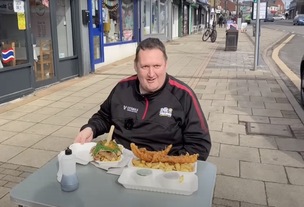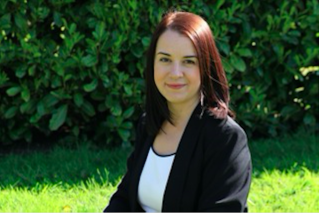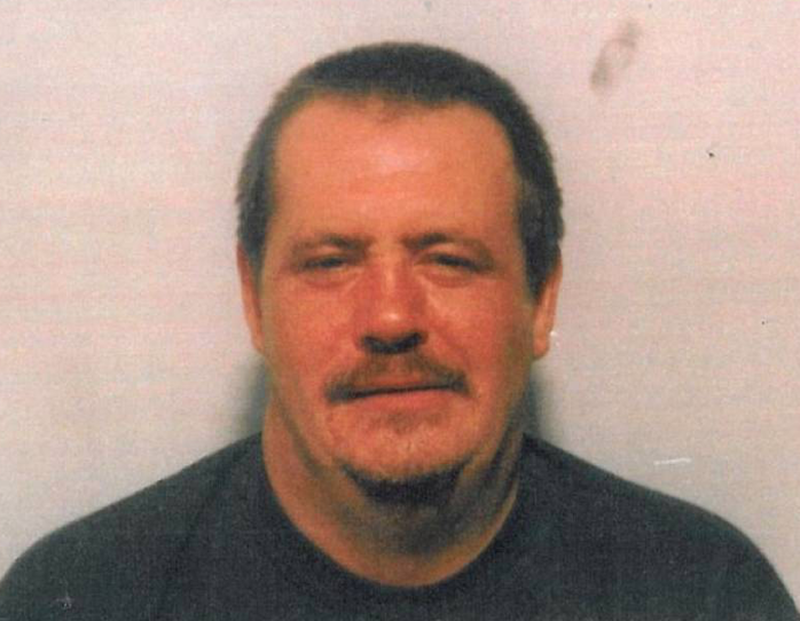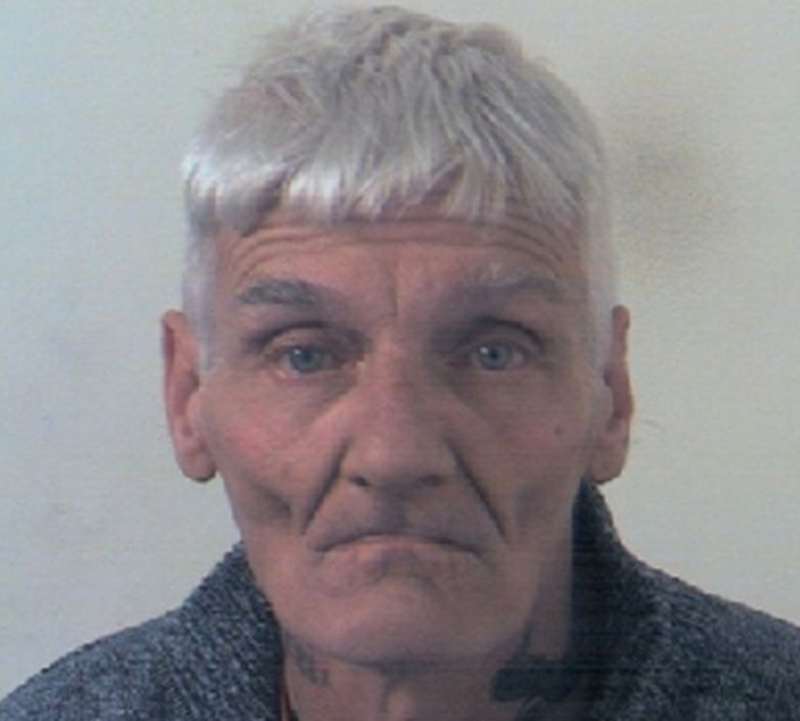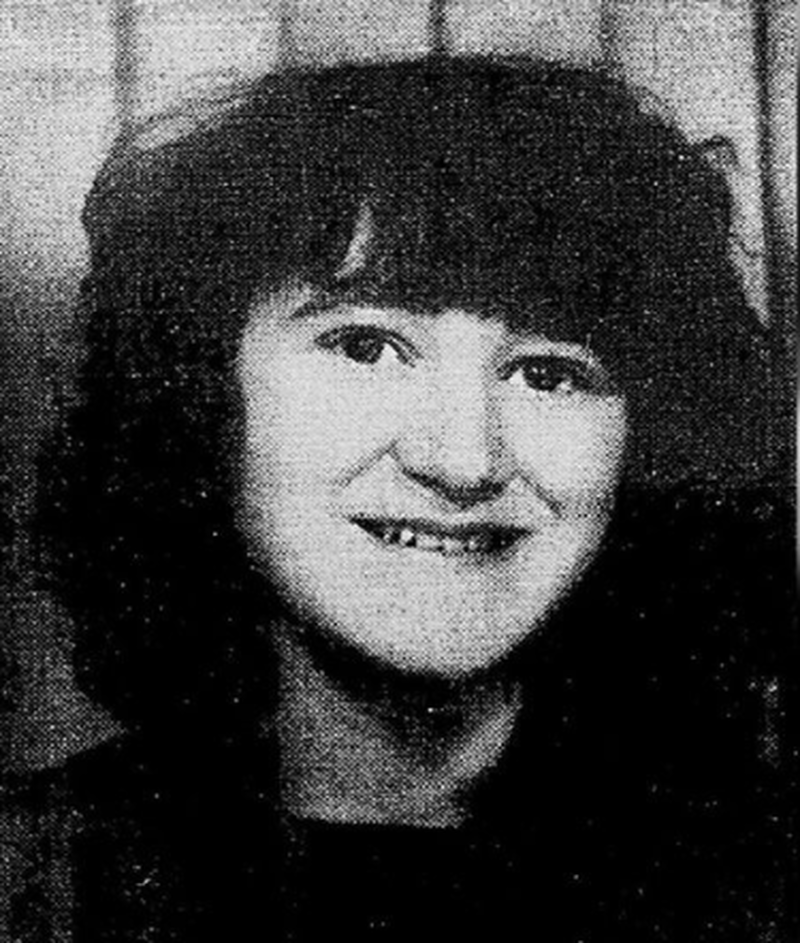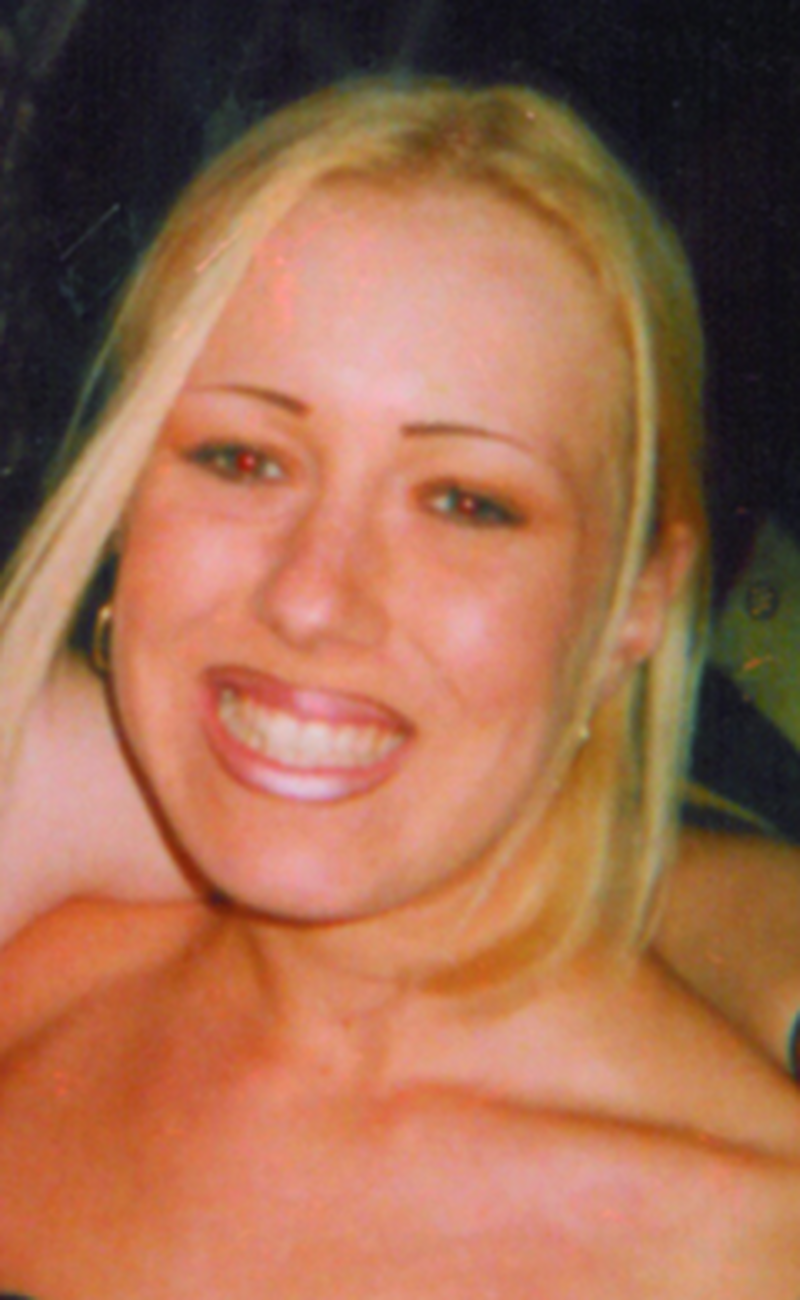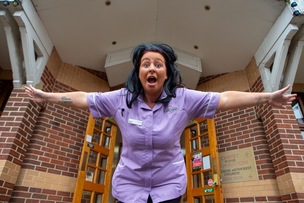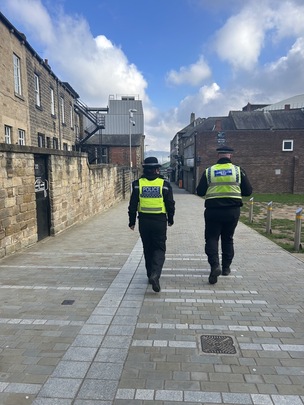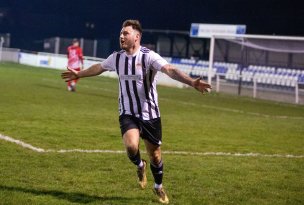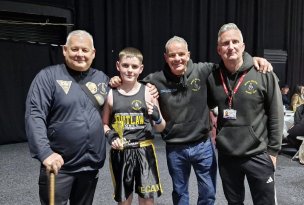POLICE investigators probing the unsolved deaths of Barnsley residents believed to have been murdered say they remain committed - and hopeful - of cracking the cases decades after they happened thanks to new technology.
Detectives will now be taking advantage of advances in scientific techniques to re-examine evidence for previously undetected traces of DNA.
Last week, South Yorkshire Police reopened the case of 43-year-old Brian Metcalfe, whose body was found on Station Road, Wath-upon-Dearne, on October 14, 2001.
Cold case detectives now believe Brian was on a night out in local pubs before he was attacked, with a post-mortem revealing he may have died two days before he was found.
It’s the fourth time the force has reopened a historic, unsolved case involving a Barnsley resident, following probes into the deaths of Wendy Gallagher, Martin Radford and Lindsey Scholes.
On September 8, 2001, a fire was started deliberately at the door of a house in Milgate Street, Royston, at around 4.30am.
Firefighters at the scene managed to pull 17-year-old Lindsey from the fire, but she died two days later due to smoke inhalation.
Wendy, who was strangled at her home on Princess Street, Barnsley, with an electrical cord in 1991, was just 24 years old.
Martin’s bones were found in a farmer’s field in Swaithe, Worsbrough, on February 4, 2018, three years after last being seen.
However, bones from his arm, waist and shoulder were missing, and police still can’t ‘fully explain’ why they were not found - giving possible explanations of movement of top soil by the farmer and scavenging by predators, which would mean these were moved to rest outside of the area of the search.
Martin, who led a ‘transient lifestyle’, was unemployed and on benefits and it was his regular habit of withdrawing his benefit payments from his bank account on the day they arrived that led police to suggest the range of dates in which he is believed to have died.
The last confirmed sighting of Martin was at an appointment on March 27 of 2015 and his benefit payment - which was not withdrawn by the ‘creature of habit’ - came days later on April 2.
Dave Stopford, head of South Yorkshire Police’s major incident review team, responsible for overseeing each case, said: “We remain committed to bringing the people responsible for these deaths to justice.
“Advances in science mean that we have so many more forensic opportunities now than we did before.
“However, I also want to encourage anyone who holds any information, who has not disclosed it previously, to contact us.
“Allegiances and relationships change and diminish over time and it’s never too late to tell us what you know.
“Seeking justice is as important to us now as it always has been - you may think it insignificant, but even the smallest bit of information can help us piece together what happened.”
Police probing Mr Metcalfe’s death appealed to pub-goers to search their minds to see if they can recall anything about the weekend in mid-October, 2001.
“We believe that the local community holds key information that might help us understand what happened to Brian in the hours leading up to his death,” Dave added.
“I’d like to specifically appeal to anyone who thinks they may have been out in Wath between Friday, October 12 and Sunday, October 14, 2001 who may have seen Brian, to contact us.
“Were you out near Station Road that weekend? Did you see Brian, who was 5ft 8in tall and of a stocky build? He was wearing a black leather jacket and black denim jeans.
“It may seem challenging to recall details from 20 years ago, but no matter how small or insignificant you think the information you hold is, it could prove vital to our investigation and could help provide Brian’s family with much needed closure.
“Twenty years without answers has been absolute agony for them - please if you hold information, it is not too late to do the right thing after all this time and come forward.”
Anyone with information about either cases is urged to call South Yorkshire Police 101.
You can also give information to Crimestoppers, anonymously, via their website or by calling 0800 555 111.


